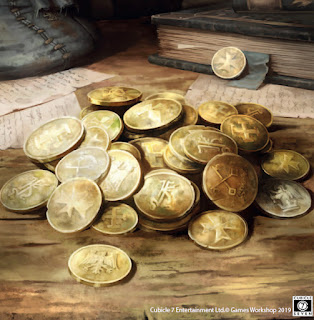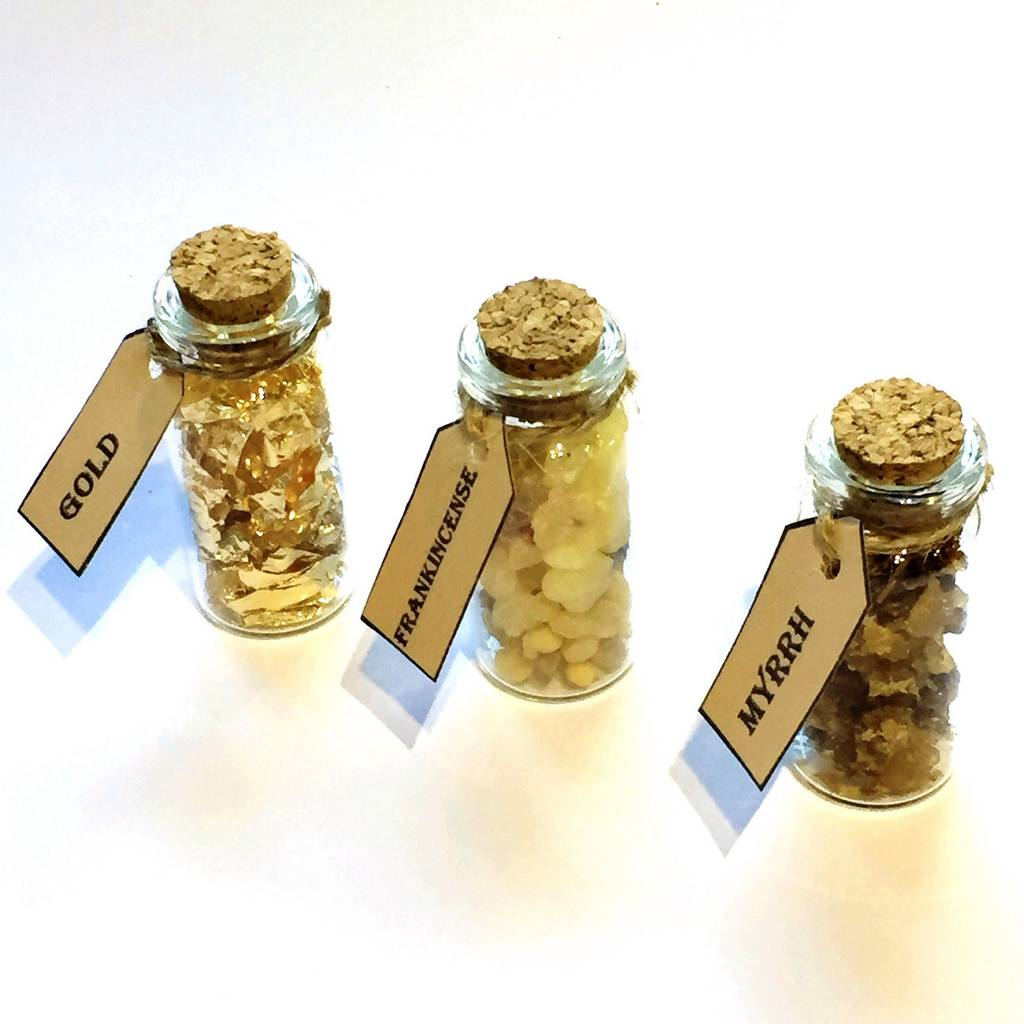Once
upon a time, there was a really big city gent, known as Mr
Moneybags.
You might have seen him, dressed in an Armani suit,
with a Philippe Patek watch on his wrist,
being driven
through Brixton in a really smart car to his offices in the City, or
perhaps in Canary Wharf.
Mr Moneybags did a great deal for
charity;
he always gave a handsome cheque to Children in Need
and Comic Relief, and quite often got himself on the telly giving the
cheque to the prettiest presenter.
But in private he
thought that the people who needed help from organisations like Comic
Relief were losers.
Actually, anybody who earned less than a
six-figure salary was a loser, he thought.
He despised his five
brothers,
three ex-wives,
ten children,
twenty-five
grandchildren
and the hordes of
mistresses,
secretaries,
assistants
gofers
and
general flunkies
who surrounded him –
and they knew it,
too.
Especially, though, he despised homeless people and
beggars,
who he thought really only needed to pull themselves
together,
to snap out of it,
to get a life.
Particularly,
he despised the Big Issue seller
who he used
occasionally to come across in the car-park.
He would usually
buy a copy, because, after all, one has to do one’s bit, but once
in the car would ring Security and get the chap removed.
Laz,
they called him, this particular Big Issue seller.
Not
that Mr Moneybags knew or cared what he was called.
I’m not
quite sure how Laz had ended up on the streets,
selling the Big
Issue
or even outright begging.
It might have been
drugs, or drink,
or perhaps he was just one of those unfortunate
people who simply can’t cope with jobs and mortgages and
families
and the other details of everyday life that most of us
manage to take in our stride.
But there you are, whatever the
reason,
Laz was one of those people.
He was rather a nice
person, when you got to know him;
always had a friendly word for
everybody,
could make you laugh when you were down,
knew
the way to places someone might want to go, that sort of thing.
But
what he wasn’t good at was looking after himself,
keeping
hospital appointments,
taking medication,
that sort of
thing.
And so, one morning, he just didn’t wake up,
and
his body was found huddled in his bed at the hostel.
They
couldn’t find any relations to take charge of it,
so he was
buried at the council’s expense, very quietly, with only the hostel
warden there.
But the warden always said, then and ever
afterwards,
that he had seen angels come to take Laz to
heaven.
At about the same time, Mr Moneybags became
ill.
Cancer, they said.
Smoking, they muttered.
Drinking
too much….
Rich food….
So sorry, there was very little
they could do.
Now, of course, Mr Moneybags wasn’t about to
accept this,
and saw specialist after specialist,
and, as
he became iller and more desperate, quack after quack.
He tried
special diets,
herbal remedies;
he tried coffee
enemas,
injections of monkey glands,
you name it, he tried
it.
But nothing worked and, as happens to all of us in the end,
he died.
His funeral wasn’t very well-attended,
either.
Funny, that –
you’d have thought that more of
his
five brothers,
three ex-wives,
ten
children,
twenty-five grandchildren
and the hordes of
mistresses,
secretaries,
assistants
gofers
and
general flunkies
might have wanted to be there.
But no.
In
the end, only the ones to whom he had left most of his money were
there,
and a slew of reporters,
hoping to hear that the
company was in trouble.
Which, incidentally, it wasn’t
–
whatever else Mr Moneybags may have been,
he was a
superb businessman, and the company he founded continues to grow and
flourish to this very day.
Anyway, there they were,
Mr
Moneybags and Laz the Big Issue seller, both dead.
But,
as is the way of things,
it was only their bodies which had
died.
Mr Moneybags found himself unceremoniously told to sit on
a hot bench in the sun, and wait there.
And he waited, and
waited, and waited, and waited,
getting hotter and
hotter,
thirstier and thirstier.
And he could see the Big
Issue seller, whom he recognised,
being welcomed and fed and
made comfortable by someone who could only be Abraham, the
Patriarch.
After a bit, he’d had enough.
“Abraham,”
he called out, “Couldn’t you send that Big Issue seller to
bring me a glass of water, I’m horrendously thirsty?”
And
you know the rest of the story.
Abraham said, not ungently,
‘‘Remember, my son, that in your
lifetime you were given all the good things, while Lazarus got all
the bad things.
But now he is enjoying himself here, while you
are in pain.
Besides all that, there is a deep pit lying between
us,
so that those who want to cross over from here to you cannot
do so,
nor can anyone cross over to us from where you are.’’
And
he pointed out that Mr Moneybags’ five brothers,
three
ex-wives,
ten children,
twenty-five grandchildren
and
the hordes of mistresses,
secretaries,
assistants
gofers
and
general flunkies
wouldn’t listen to Laz
if he were to go back and tell them –
they really knew it
already, thanks to Moses and the Prophets.
You note,
incidentally, that Mr Moneybags didn’t ask if he could go
back!
Jesus had a lot to say about money, and our relationship with it
didn’t he?
And about our relationship with other people, too, for that matter.
Do you remember the story he told about the sheep and the goats?
This was when he reckoned that at the Last Judgement it would be those who had cared for Jesus in the persons of the sick, the prisoners, the hungry and, yes, the Big Issue sellers who would be welcomed into heaven, and those who had ignored him, in those guises, would not.
“For whoever does it unto the least of one of these, does it unto Me”, he said.
It must have come as a shock to Jesus’ hearers.
They had been taught that if you were rich and successful, it meant that God favoured you, and if not, not.
I am always rather amused when I read Matthew’s version of the Beatitudes and compare them with Luke’s –
Luke says, frankly, “Blessed are you when you are hungry, or thirsty, or poor”, but then, he was a Gentile and didn’t have the background that Matthew, a Jew, had.
Matthew can only bring himself to write “Blessed are you when you are poor in spirit, or when you hunger and thirst after righteousness.”
For him, still, poverty is not a sign of God’s favour, but rather the reverse.
Even today, you know, there are those who preach prosperity, they preach that if you are God’s person you will be rich and healthy.
But that isn’t necessarily the case.
Jesus never said that!
Okay, so he healed the sick, but he had a great deal to say about the right attitude to possessions and to other people.
It’s in this sort of area, isn’t it, where what we say we believe comes up smack bang against what we really believe.
We discover, as we study what Jesus really had to say, that being His person isn’t just a matter of believing certain things, it’s about being in a relationship with Him, and about letting him transform us into being a certain kind of person.
It’s no good believing, says St James, if that faith doesn’t transmute itself into actions.
And this seems to be what Jesus says, too.
It’s no good saying you believe in Jesus, and ignoring the very people Jesus wants you to look after –
the dispossessed, the refugees, the downtrodden, the marginalized, the exploited.
It’s not easy, I know.
We do hesitate to give money because of the very real possibility it might be spent on drugs or drink.
The other day I bought a sandwich for the beggar sitting outside Lidl on Acre Lane, and when I came out with it, she had gone!
But there are other ways of giving.
There are various charities we can give to,
or even lend a helping had at.
Brixton Hill’s foodbank on Wednesdays always needs donations, and volunteers, too, for that matter – contact Rev Kristen or my Robert to find out more.
Of course, one can even buy the Big Issue!
Seriously, though, we need to take this sort of thing seriously.
Quite apart from anything else, our very salvation may depend on it.
We say that salvation is by faith, and so it is –
but what is faith if it doesn’t actually cost us anything?
What is faith if it is mere lip-service?
And anyway, what sort of picture are we giving to the world if we just talk the talk, and don’t walk the walk?
Do you remember Eliza Doolittle, in My Fair Lady, exclaiming “Don’t talk of love, show me!”
I reckon the world is saying that to the Church right now.
Don’t let’s just talk about Jesus, let’s show people that he is risen and alive and dwelling within us by the power of his Holy Spirit.
The best way to cultivate a right attitude to money, people and spiritual things is to see the “beggar outside our gate” –
quite literally the Big Issue seller, if you like, but basically anybody who is not like ourselves.
Although, mind you, the other day I bought a sandwich for the beggar sitting outside Lidl and when I cam out she’d gone, so I was left with a sandwich I didn’t want!
You can’t win, sometimes.
But mostly they are thankful for the odd sandwich or pasty or similar.
And we must remember that it could have been us….
The miracle is that the more loosely we hold our possessions, the more we enjoy them,
the more we serve the needs of others, the more we value them, and the more we listen to God’s words, the more we value ourselves.
And, of course, the more we are able to show people Who Jesus Is, and that he is alive today.
Amen.






.jpg)

